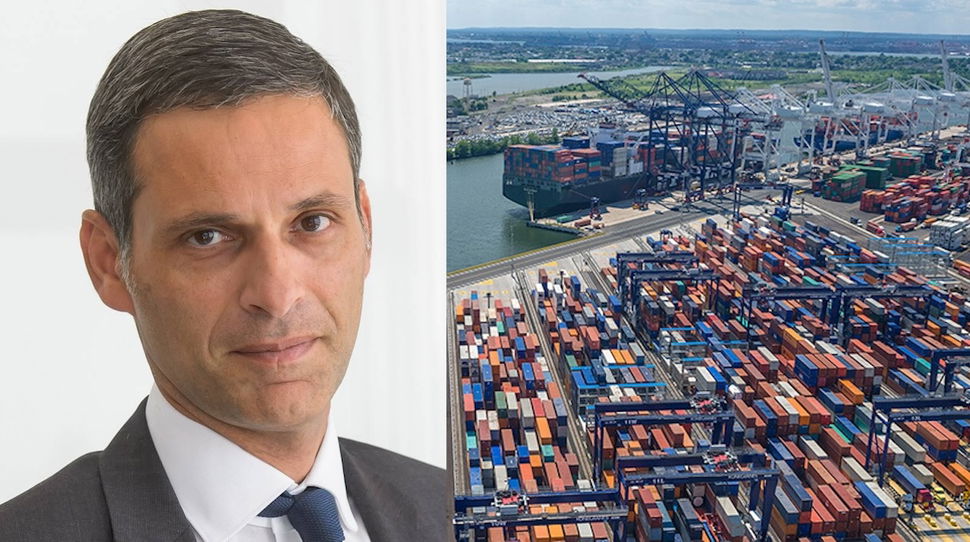A significant development is unfolding in the global maritime industry as French shipping magnate CMA CGM expresses keen interest in acquiring a substantial portfolio of port container terminals from Hong Kong-based CK Hutchison. This potential acquisition, however, is far from straightforward, entangled in a complex web of international corporate strategies, geopolitical rivalries, and governmental oversight, particularly concerning the involvement of Chinese entities and previous U.S. concerns over critical infrastructure.
CMA CGM, recognized as the world’s third-largest container carrier, already boasts an extensive network, operating 65 terminals across the globe, including a notable presence with seven facilities within the United States. The company’s Chief Financial Officer, Ramon Fernandez, underscored the strategic importance of this acquisition, highlighting its critical role for the industry at large and for CMA CGM’s continued expansion as a major global player.
The sale of these vital port assets initially saw Hutchison Ports agreeing to divest over 40 terminals to a consortium spearheaded by U.S. asset manager BlackRock and Geneva-based shipping line MSC. This initial arrangement seemed poised to proceed, promising a significant reshuffling of ownership in the global port landscape, reflecting the ongoing consolidation and strategic movements within the supply chain logistics sector.
However, the deal’s trajectory shifted dramatically following the exclusivity deadline, as Hutchison announced the inclusion of a “major investor” widely believed to be China’s Cosco. This late-stage inclusion reportedly stemmed from strong pressure from Beijing, which had allegedly threatened to block the entire transaction unless a Chinese company was integrated into the purchasing consortium, underscoring China’s strategic interest in global maritime infrastructure.
The involvement of a Chinese entity reignites concerns previously voiced by the United States, particularly regarding Chinese influence over critical global trade arteries. These anxieties were prominent when former President Donald Trump had notably threatened U.S. reclamation of the Panama Canal, where Hutchison owns key terminals, amidst allegations of China exercising undue control over the vital waterway, highlighting the sensitive geopolitical dimensions of such acquisitions.
Adding another layer to this intricate scenario is CMA CGM’s established relationship with the United States. Its Chief Executive, Rodolphe Saade, had previously met with then-President Trump at the Oval Office, where he publicly committed CMA CGM to a substantial $20 billion investment over four years to bolster the U.S. maritime sector. This historical context suggests CMA CGM’s potential role as a more palatable buyer from a U.S. perspective, navigating geopolitical sensitivities.
The acquisition’s outcome will have profound implications for global maritime trade, influencing international investment flows and the balance of power in supply chain logistics. As the negotiation progresses, it will be closely watched by stakeholders worldwide, serving as a barometer for the evolving dynamics between major economic powers and their strategic pursuit of control over essential global infrastructure.






Leave a Reply